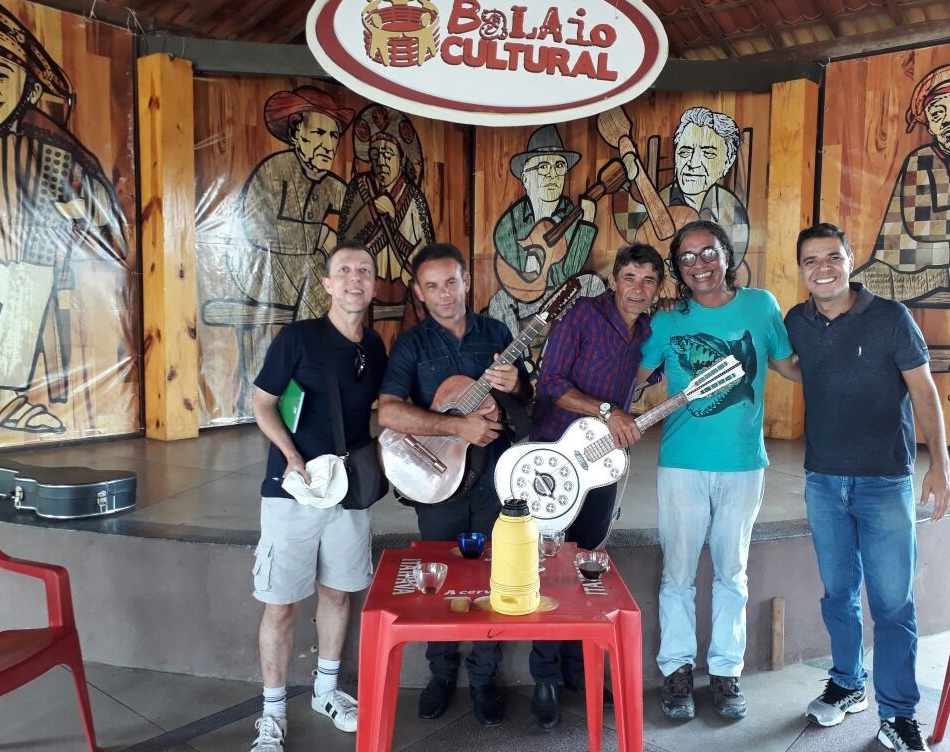Memoirs of a Damned (5)
Academic Training (2)

I combined my studies at the Conservatory with a blended online course from the University of La Rioja: History and Science of Music. It was a time when I prioritized seeking knowledge. The interest that the History of Music had always sparked in me had now manifested itself in a clear way. It took me only two years to get my hopes up when a professor accused me of cheating on a paper (something truly humiliating). It also rejected certain scientific subjects I didn't feel qualified for, and I dropped out. The online classes, without videoconferencing, were highly enriching. Among the professors I remember and respect most are Teresa Casudo, Thomas Schmitt, and Pilar Ramos (for whom I didn't feel a special liking, but I did have proven recognition of her professionalism).
Unirioja was replaced by UNIR, where I earned my Bachelor's Degree in Music, thanks to my genetic persistence. I also have a bittersweet taste in my mouth about UNIR, due to the occasional teacher I didn't like, without ever undermining their credibility and professional career. My classmates provided me with comfort and good times. Essential classes and teachers in my memory: Rafael Martín (my project's instructor), a person of unsurpassed human and professional quality.
The composer Edith Alonso, easy to get along with and a privilege for any student. Manuel Martínez Barneto, also a composer and teacher, with his overwhelming humility, helped me on the difficult path of harmony. María Andueza, who broadened my perspective on composition. And Jordi Raventòs, with his impressive knowledge from which I learned a lot, especially rigor. All of them, and those not mentioned, are of indisputable professional worth.
My degree in Music culminated with the final degree project, supervised, as I said, by Rafael Martín, which took me back to Brazil, more specifically to the Pernambuco backlands, São José do Egito, the promised land of viola singing, for a proposal I made about its relationship (or lack thereof) with Darwin's theory.
One hundred people made this work possible: Antonio Marinho, Roberta Clarissa, Marcos Passos, Santana, the São José de Egito City Hall team, and many more. Especially to my friend Marcos Vilela for his assistance and support.
It was during those years of traveling back and forth to Brazil that I met Lúcio Socrates, grandson of the famous Pernambuco frevo composer Levino Ferreira. Socrates owned a music school, and I began studying cavaquino.
On the right, Lúcio Socrates in Levino Ferreira Academy, Recife, Brasil
